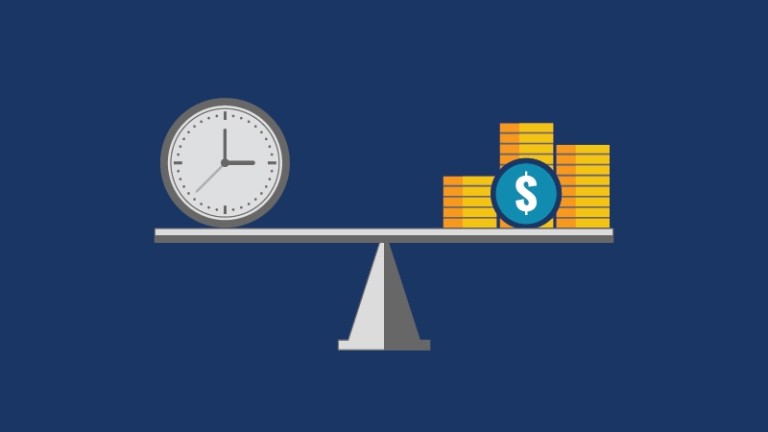12 tips for a financially healthy family
If you want to raise financially literate children, the best place to start is your own accounts. When you’re in control of your finances, you’re modeling savvy financial behavior that your kids will pick up on. (We promise. Even if they spend a little too much on a new pair of boots or their first clunker of a car, your example is there...maybe deep down inside, but it’s there.)
For best results, start early. If you wait until your child’s ready to get an after-school job to model good money management, you’re at a disadvantage. Here are some tips to get started, for your financial success and theirs.
- Track spending to know where your money goes. Our digital banking tool, MyOCCU Online & Mobile can help you keep track of where your money is being spent. From there, you can determine which expenses can easily be reduced or eliminated then take action.
- Expect and prepare for emergencies. Aim to save six months’ worth of expenses and set the money aside in an interest-earning liquid account that you can access without withdrawal penalties, like an Ignite Savings account.
- Pair that Ignite Savings account with a Remarkable Checking account. By combining our interest-earning checking account with our high-yield savings account, you can maximize the interest you earn on every penny you make.
- Communicate about family finances regularly with your spouse or partner and any of your children you feel are old enough to be involved.
- Do not try to "keep up with the Joneses."
- Explore nanny care share, babysitting co-ops and subsidized daycare. Childcare is the single largest expense for most working parents, so investigate all reasonable options.
- Consider whether you would be financially better off if one parent were to be a "stay-at-home" or a "work-from-home" parent.
- Unless you have endless funds, accept that you can't buy everything you want for your child. This is often harder than it sounds. Take it as an opportunity to encourage your child to start making and saving toward their own money goals.
- Remember that you are the single greatest role model in your child's financial education. He or she will remember everything, from arguments about money to how you deal with debt. Practice good habits and teach good habits now.
- Pay for unreimbursed medical expenses and dependent care with pretax dollars using a flexible spending account. Check with your employer for availability.
- Commit to spending within your means. A line of credit should never be confused with an emergency fund or extra income.
- Remember: You are not being "cheap" for the sake of saving a few dollars. You are doing it for the well-being of your family over the long term and will come out ahead by doing so.
Above all, don’t be hesitant to ask for professional help and support. The financial experts at OCCU are readily available to assist you, in-branch, online or over the phone to talk through prioritizing your expenses and understanding debt repayment options. And even if you’re only able to implement one or two of these tips currently, don’t worry — you’re still on your way to being a financially healthy family!


